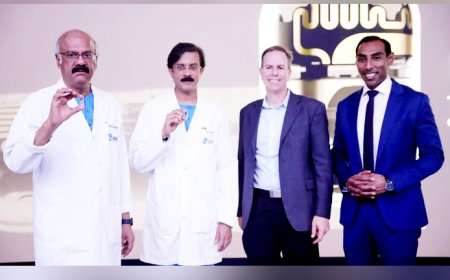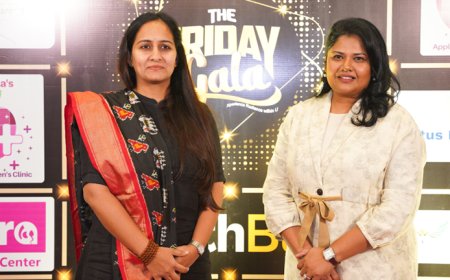Why I love being a doctor?

It was one of the usual busy out-patient clinics, where I was seeing patients with a variety of neurological problems. Some patients had come for the first time and some were my old patients. I always try to talk to my patients and enquire about their family and job, as far as possible. This gives me a better insight into their problems, as well as any disabilities that they may face due to the illness. This also lets me know their support systems at home and at work place.
Most patients are accompanied by a family member or a friend, especially if they have a disability. However, on that busy day, one of my patients, Mrs Leena (name changed), slowly walked into my clinic with a limp. She had significant walking difficulty and managed to make her way inside with the help of a hospital attendant. She was not accompanied by any of her relatives. She made herself comfortable on the chair, and I could notice a smile on her face.
Six months ago, Mrs Leena, a 58-year-old lady, had developed complete paralysis (weakness) of her left hand and leg (because of a brain stroke), and was unable to move. She required wheelchair for ambulation, and required assistance for activities of daily living. Her son and daughter- in-law stayed with her for about six weeks and later left for Mumbai (where they were working and settled). At that time, she was able to move on her own, however, could not use her hand well. She was working at a Govt office prior to her brain stroke, however, she was declared unfit for job after her paralysis. Her salary had also been stopped.
It was one of the usual busy out-patient clinics, where I was seeing patients with a variety of neurological problems. Some patients had come for the first time and some were my old patients. I always try to talk to my patients and enquire about their family and job, as far as possible. This gives me a better insight into their problems, as well as any disabilities that they may face due to the illness. This also lets me know their support systems at home and at work place.
The worst was yet to come for her. Her husband of 35 years deserted her three months ago. He was employed in a Govt institution and was an alcoholic. When he realised that his wife had stopped earning and moreover, she required a lot of physical & emotional support, he did not want to support her.
Mrs Leena had met me after that incident (about three months ago) and had requested me to issue a medical certificate stating that she is fit for her office job. She told that she has no savings, as all savings were spent on her son’s wedding and husband’s alcohol. However, she was determined to fight it out and wanted to live on her own, and stand on her own feet, without taking anyone’s help and sympathy. I inquired about the nature of her job, and she said she is an office attendant, and it involves moving files, papers, notices, etc from one room to another, on a single floor. As per my assessment, she was medically fit to do most of that, so, I issued a certificate stating that she is fit for the office job.
I had not seen her for three months until today, when she was sitting in front of me, again all alone, with a smile on her face! She told me with great satisfaction that she had been taken back for employment by the Govt institution and they had offered half of her usual salary. She said she is now able to manage her household with this income. She also informed to me that her family members (husband or son) had not contacted her during these three months.
Before leaving my office, she gave me a small parcel, wrapped in crumpled newspaper. When I opened it, there was a shirt inside! She said it is an usual custom in their house to hand over a dress, when they meet close relatives. I tried to tell her that I had only done my duty and there was no need for that, after which, with great reluctance, she took it back.



























